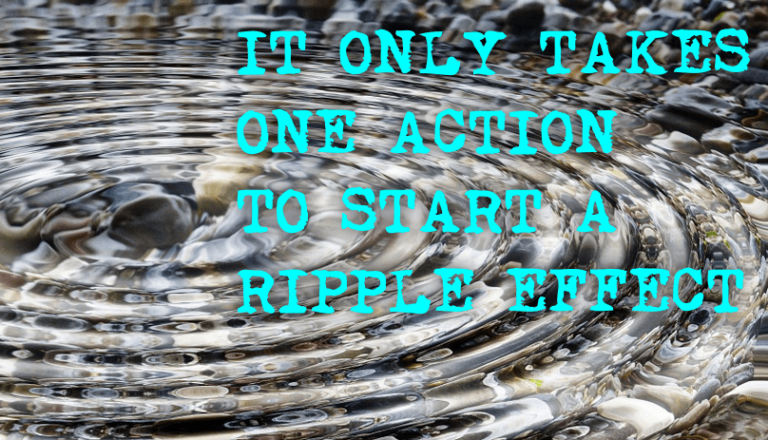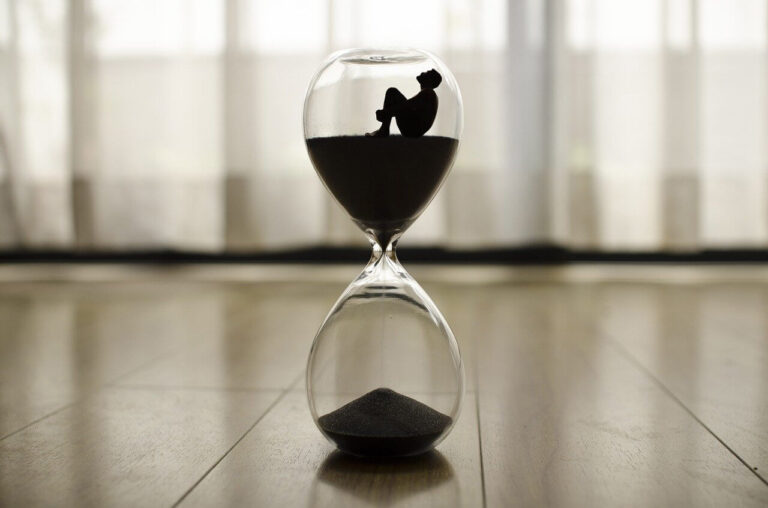

Tim Phillips
I love sharing my journey from being hopeless, to getting sober, to learning how to eventually be both sober and happy. to learning how to eventually be both sober and happy.

Celebrating With a 12-Pack After 30 Days? I Did Too
I remember the first time I put together more than a few days of sobriety, and I made it to 30 days exactly—only to celebrate with a 12-pack of beer.
Sound familiar? This wasn’t my first failed attempt, but it taught me a critical lesson: getting sober without a plan is like trying to run a marathon without training. It’s why this time, after multiple attempts, I finally made it stick, and now I’m 11 years sober. If you’re ready to break the cycle and finally achieve lasting sobriety, I’m going to walk you through the plan that helped me turn those first 30 days into over a decade of recovery.
The Importance of Planning Your Sobriety
Getting sober is more than just making the decision to stop drinking. It requires a well-thought-out plan to guide you through those crucial first 30 days and set you up for long-term success. Whether it’s understanding the importance of setting a quit date, preparing for the emotional rollercoaster of early sobriety, or learning how to deal with triggers, this article will give you actionable steps to navigate the first month of sobriety and beyond.
Setting Yourself Up for Success
The first 30 days of sobriety can be challenging, but with the right plan, you can get through it and set the stage for long-term success. Start by consulting a medical professional, anchor yourself to a strong why, and communicate your plans with friends and family. Reducing stress and preparing for triggers will give you the emotional space to focus on your recovery. And don’t forget to celebrate every small victory along the way—these wins will keep you moving forward.
Learn More on the Podcast
If you’re ready to dive deeper into planning your sobriety and making those first 30 days count, check out this week’s episode of the Sober and Happy Podcast. I share my personal journey of failed attempts and what finally worked for me to get sober for good. You’ll hear practical tips for setting boundaries, managing triggers, and staying motivated during the crucial early days of recovery. Tune in to start your journey to lasting sobriety.

I love sharing my journey from being hopeless, to getting sober, to learning how to eventually be both sober and happy. to learning how to eventually be both sober and happy.




Join our mailing list to receive the latest news and updates from our team.






Copyright © 2023 by Sober and Happy. All rights reserved.

Join our mailing list to receive the latest news and updates from our team.